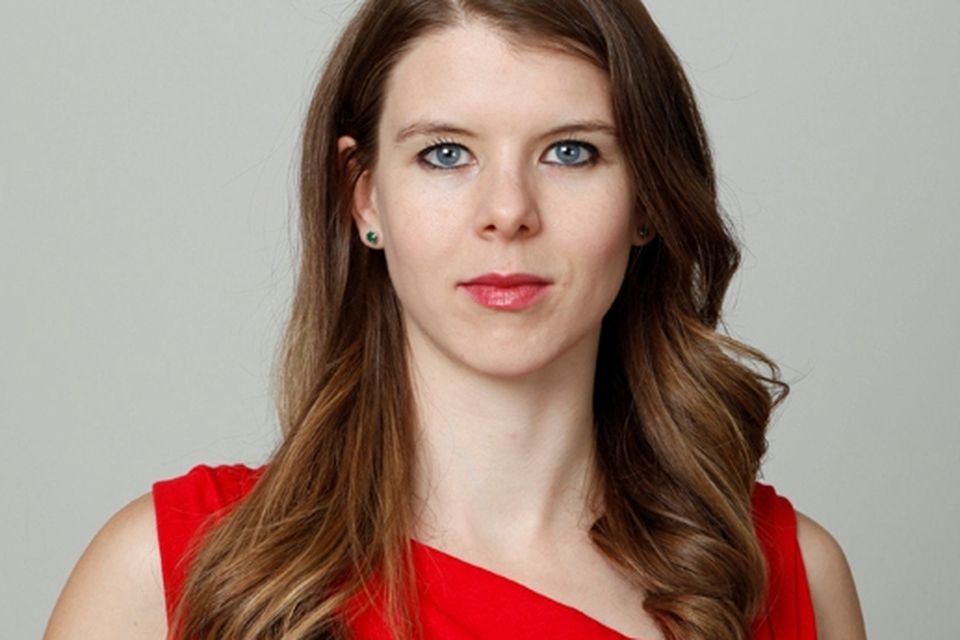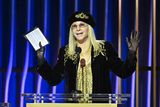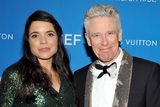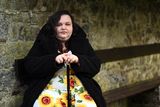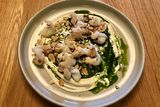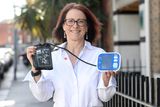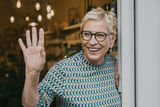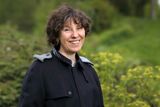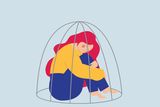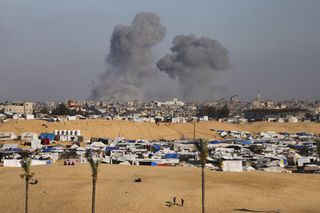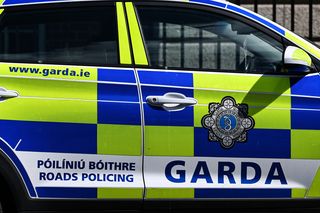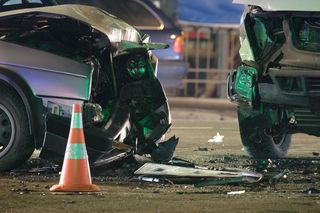How the ‘Dead Dads Club’ got me through the worst of my grief after my father died
Laura Coffey, the author of new memoir ‘Enchanted Islands’, on how her close friends supported her after the early death of her father from cancer
Laura Coffey: ‘The grief was huge... so deep I couldn’t move.’
My dad died. It’s hard to say. It’s even harder to know what to say back to me when I tell you that. Death is perhaps one of the last taboos. We’re able to have far more open and progressive conversations now about things like mental health, we understand more about the fluidity of sexuality, we’re having more nuanced conversations about motherhood, about masculinity, about neurodivergence. It’s far from perfect, of course, but we’ve found a way to talk about these sorts of things, to be more open. But death. Now that’s a conversation stopper.
We don’t have the words. We’ve lost the rituals. So we put on a weird hushed voice and look at the floor. “I’m sorry”, we say, the strangest kind of apology, “I’m sorry you lost your father”, as if I misplaced him. Which does, actually, feel kind of true — when people die, you keep looking for them in the world. I’m still looking for him, in a way. And then maybe there’ll be an awkward silence, or we’ll desperately try and change the subject. We don’t have the lexicon so we speak in euphemisms, of someone passing. We’re afraid of making it worse. Sometimes people are so afraid of saying the wrong thing, of being clumsy, that they don’t acknowledge it at all. But this hurts the person grieving far more than the clumsiest of cack-handed words. It makes it feel even lonelier.
Join the Irish Independent WhatsApp channel
Stay up to date with all the latest news
